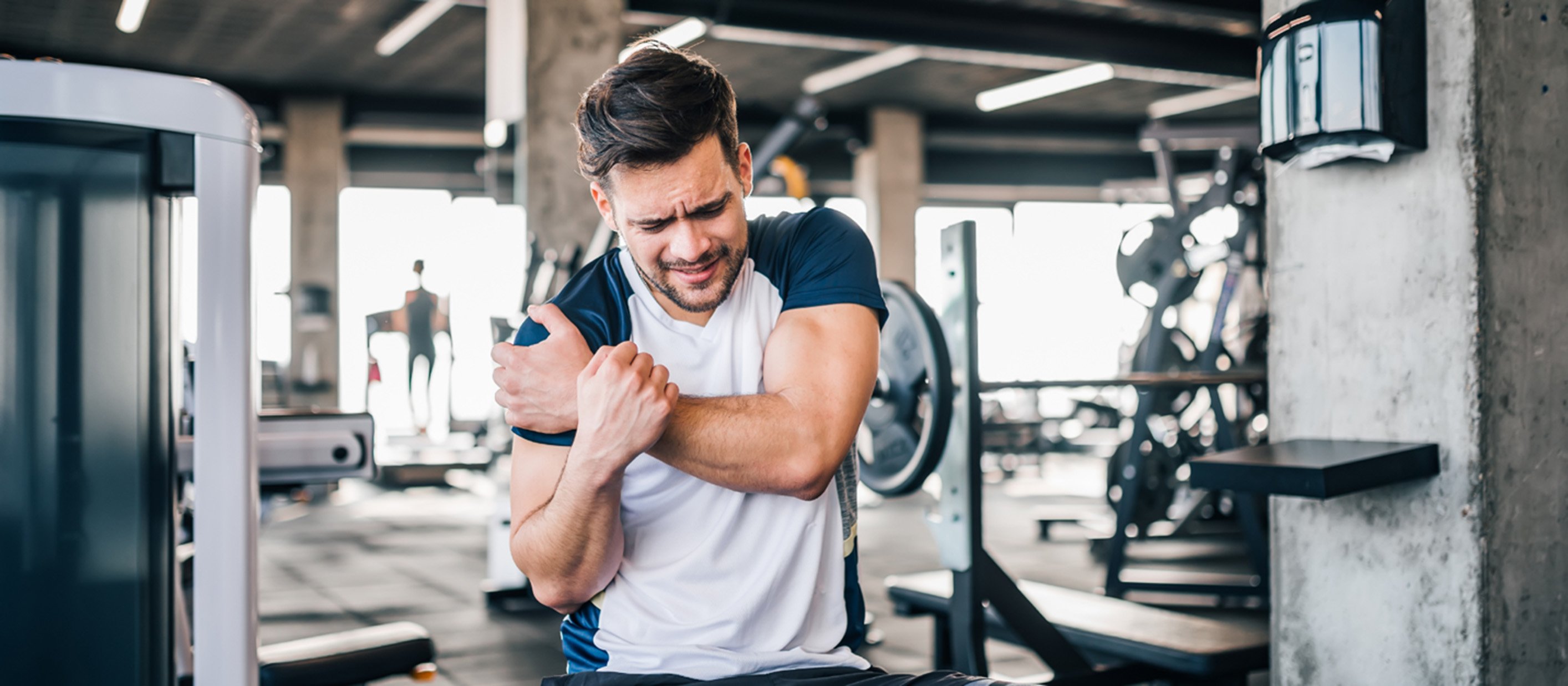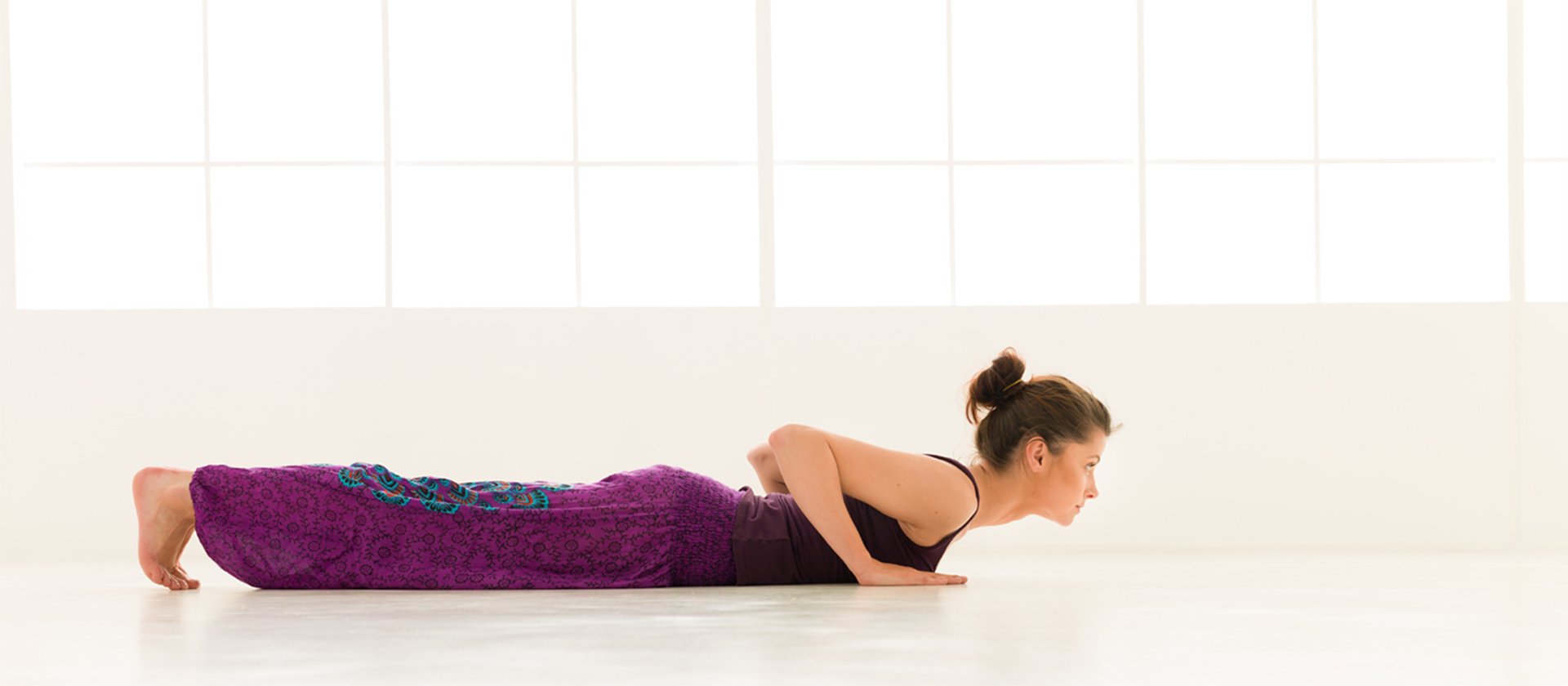Today, we're exploring a fascinating topic: the connection between your posture and your physical performance. Let's sort through some of the benefits that good posture brings to your physical abilities.
The Posture-Performance Link
Your body is inarguably one of your most valuable assets. Every muscle, every joint, and every ounce of coordination contributes to not only your physical performance, but your overall quality of life. You've probably heard the phrase, "Stand up straight!" from parents, teachers, or even your own inner voice. It turns out, this was some good advice. Your posture, the way you hold your body, directly influences how well you perform physically.
Maintaining good posture sounds like a simplistic concept, something we should find easy to do. So why do so many of us struggle with it?
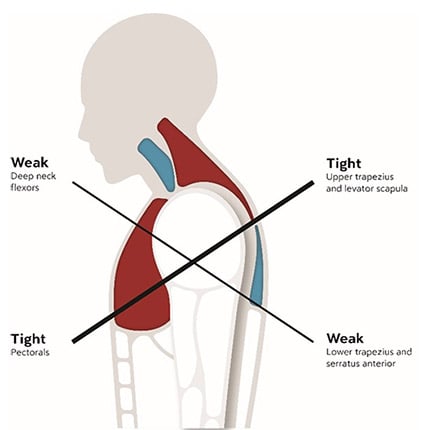
Posture refers to the alignment and positioning of the body's structures, including bones, muscles, and joints. It affects how efficiently our bodies move, distribute forces, and generate power.
Good posture allows for better body mechanics, enhancing strength, flexibility, balance, and coordination. It ensures that the body moves in a biomechanically efficient way, minimizing energy waste and improving athletic performance.
With all the known benefits of good posture we should be able to look around at the grocery store, at the gym, at the office and see people sitting and standing in good posture. I don’t know about you, but when I look around, I see the opposite! In fact, the average American adult spends more than 3.5hrs looking down at their phones and a 2019 national survey shows that less than half of the respondents care about their posture.3
A study by Lee et al. reported that a forward leaning posture with trunk flexion over 20o is considered to have poor sitting posture, increasing the risk of back pain. And for every inch your head moves in front of your body, 10lbs of pressure is added to your shoulders.3 Add to this, decreased flexibility and range of motion, and pain and injury seems inevitable.
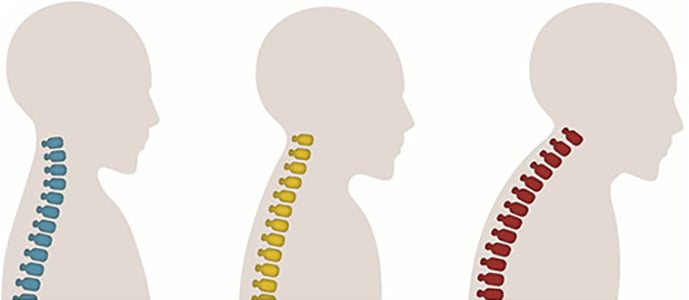
Good posture plays a crucial role in our physical performance, impacting our strength, flexibility, and overall movement efficiency. People who understand the connection between posture and physical abilities can make conscious efforts to optimize their posture for better results.
We need to start caring more about our posture if we care about our physical fitness!
If you're underestimating the power of good posture, here's a wake-up call.
Improved Muscle Performance: When you stand or sit up straight, everything in your body just lines up perfectly. Your muscles, spine, and joints all work together in harmony. This means they don’t strain or stress because of bad posture, which keeps you from getting worn out or injured. If you're into lifting weights, standing and sitting right makes a world of difference. It ensures you're working the right muscles and saves your back and shoulders from unnecessary pain.
Improved Stability: Did you know that just by keeping an upright posture, you're boosting your stability? It's super important for things like sports or dancing, or even if you're walking on a rocky path. Maintaining an upright posture, whether sitting or standing, improves your overall balance and stability.
Better Breathing: When you're not slouching, your lungs have more room to breathe. Literally! You get more oxygen every time you inhale, giving you better stamina and endurance in everything you do. This means you can take in more oxygen with each breath, enhancing your endurance and stamina during physical activities.
Increased Strength: Standing tall doesn't just look good – it powers up your core too. By standing in good posture, the postural muscles are being activated and strengthened. The muscle strength in your belly and back are pretty much key for every physical activity, whether you're lifting something heavy or just out for a run. A strong core is the foundation for better performance in virtually any physical endeavor, from lifting weights to running and serves to prevent injury.
Reduced Risk of Injury: Think of good posture as your body's built-in safety gear. It's like a cushion that helps distribute the stress and strains, shielding you from painful injuries. By sustaining good posture in sitting and standing, muscle balance is encouraged. Muscle balance in the front and back of the body will minimize moveents and positions that can cause injury.
Better Balance: Whether you're a pickle ball player, a soccer player or a basketball star, balance is key to success. By promoting muscle blance and core muscle strength, good posture enhances your overall balance and coordination, giving you an edge in any sport.
Quicker Recovery: Recovery time after exercise is precious. Good posture promotes quicker recovery by reducing the strain on muscles and joints during and after training sessions.
Mental Focus: Posture doesn't just affect your body; it influences your mindset too. An upright posture can boost confidence and mental focus, helping you stay in the zone during critical moments in your sport.
The bottom line. Good posture is not just about appearances; it's a fundamental aspect of your physical performance!
So, how can you integrate good posture into your athletic journey?
Awareness: Start by becoming aware of your posture when you are participating in sports and simply in your everyday life. Consider your posture when you move or bend while performing daily tasks. Bend at the hips (and not in the spine!), and keep your back flat when reaching down or just bending over to brush your teeth.
Posture-Specific Exercises: Incorporate exercises specifically designed to better your posture. Emphasizing exercises that help your core can establish a good foundation for spinal alignment. And don’t forget the posterior chain! These are the muscles on the back side of the body that are often neglected and are stretched and weakened with prolonged poor posture. The goal is to create muscle balance in the front and back sides of the body.
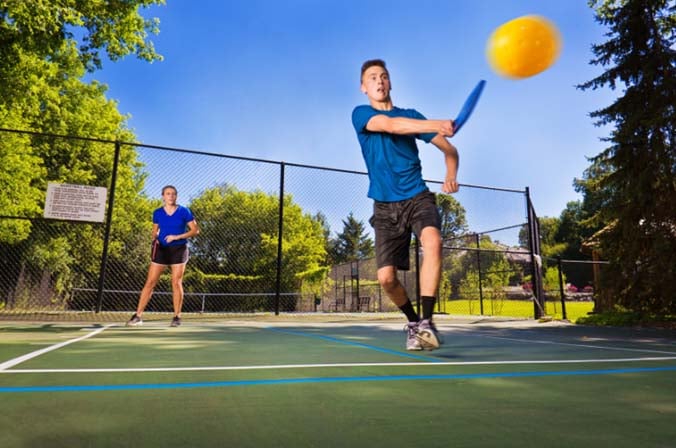
Professional Guidance: Consider working with a physical therapist or athletic trainer who specializes in posture and alignment. They can provide personalized guidance and exercises tailored to your sport.
Upright Sitting: Off the athletic field, the ergonomics of one's seating environment play a pivotal role in postural health. Since many of us sit for up to 8-10 rs/day, how we sit can greatly impact our posture. Choosing a chair with the proper support to maintain good posture over time is key. A chair that supports the pelvis in an upright neutral position is the way to sit upright for long hours without having to constantly think about it. Watching over your posture is a strategic advantage that can enhance your performance and keep you in peak condition.
So, stand tall and sit well. Your posture is a secret weapon waiting to be unlocked.
If you are looking to improve posture and decrease pain while sitting, look no further than Anthros. Anthros is the only chair in the world that is guaranteed to improve posture or your money back.
The science-backed, patented design is registered with the FDA as a posture-improving chair and is proven to have the lowest pressure (most comfortable) cushion on the planet (verified by university testing).
Take the next step to reducing pain, increasing comfort, and maximizing performance!
Pain GuidebookReference:
1.Lee, M. A., & Yong, M. S.. Musculoskeletal disorders associated with poor posture in young adults. Journal of Physical Therapy Science, 2019
2. Lee, J. H., et al. Association between poor sitting posture and lower back pain in adults: a systematic review. Spine Journal, 2018
3. AAAS. (2019, October 9). Survey finds less than 1/2 of Americans concerned about poor posture. EurekAlert. Retrieved January 17, 2024, from https://www.eurekalert.org/news-releases/549082.
4. Kounter, T. (2019). The Prevalence and Consequences of Poor Posture in Children and Adolescents.
5. McGill, S. (2010). Core Training: Evidence Translating to Better Performance and Injury Prevention. Strength and Conditioning Journal. Vol. 32 (3) 33-46.
6. Mohammad Rahimi, N., Mahdavinezhad, R., Attarzadeh Hosseini, S. R., & Negahban, H. (2019). Effect of dynamic neuromuscular stabilization breathing exercises on some spirometry indices of sedentary students with poor posture. Physical Treatments-Specific Physical Therapy Journal, 9(3), 169-176.
7. Lu, L., Robinson, M., Tan, Y., Goonewardena, K., Guo, X., Mareels, I., & Oetomo, D. (2020). Effective assessments of a short-duration poor posture on upper limb muscle fatigue before physical exercise. Frontiers in Physiology, 11, 541974.
Recent Post

Exercises to Avoid With a Herniated Disc
March 6, 2025A herniated disc can put a serious damper on...

Gentle Back Exercises for Lower Back Pain & Herniated Discs
February 17, 2025Adding a cushion to your office or gaming chair...
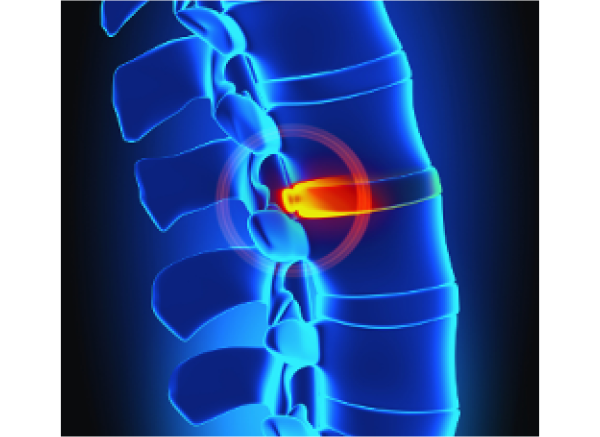
Bulging Disc vs. Herniated Disc:
February 5, 2025Adding a cushion to your office or gaming chair...






